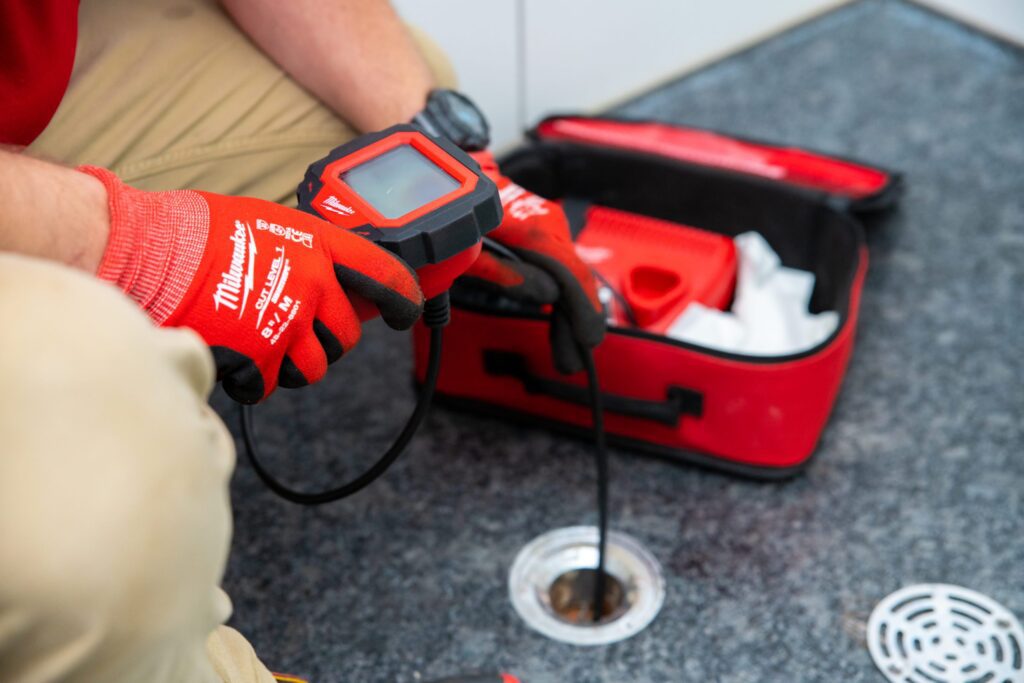When plumbing issues arise, having a reliable and experienced team of professionals at your service is crucial. At Mister Quik Home Services, we take pride in being your go-to destination for skilled and knowledgeable plumbers near you. With a commitment to excellence and customer satisfaction, our team is dedicated to providing swift, efficient, and top-quality plumbing solutions for your home.

Your drain can get clogged when stuff like hair, soap residue, or greasy substances go down the drain and accumulate in the pipes. Over time, these things build up, creating a blockage that prevents water from flowing smoothly through the pipes. It’s like a traffic jam in your plumbing system, causing water to drain slowly or not at all. Regular maintenance and being mindful of what goes down the drain can help prevent these clogs.
You can use different tools to unclog a drain. Here are some options:
Remember, the choice of tool depends on the severity and nature of the clog. If you’re unsure or if the clog persists, it’s a good idea to consult a professional plumber for assistance.
Chemical drain cleaners are designed to break down clogs in pipes. They usually contain strong chemicals that can dissolve or dislodge debris. However, there are important considerations:
Safety Precautions:
Environmental Impact:
Effectiveness:
Pipe Damage:
Knowing when to call a professional plumber is crucial for addressing stubborn or serious clogs effectively. If you’ve attempted DIY methods without success and the clog persists, it’s a clear indicator that professional assistance is needed. Multiple clogged drains in your home or persistent foul odors may signal more extensive plumbing issues that require a plumber’s expertise. Unusual sounds like gurgling and water backup into other fixtures are also red flags. When DIY attempts pose risks, or if you’re dealing with an older plumbing system, it’s wise to call a professional plumber. Preventive maintenance by a plumber can help catch potential problems early on, ensuring the longevity of your plumbing system and preventing major issues
If you suspect a clog in the main sewer line, it’s advisable to take prompt action and, in most cases, consult a professional plumber for assistance. A clog in the main sewer line is a serious issue that can affect the entire plumbing system. Signs of a main sewer line clog may include multiple drains backing up, gurgling noises, or unpleasant odors.
To address a main sewer line clog:
Call a Professional Plumber:
Avoid DIY Solutions:
Camera Inspection:
Hydro Jetting or Snaking:

General Contractor License: GC1200161
Electrical License: E0020131
HVAC License: H0020150
Plumbing License: CO50900281
General Contractor License: GC1200161
Electrical License: E0020131
HVAC License: H0020150
Plumbing License: CO50900281